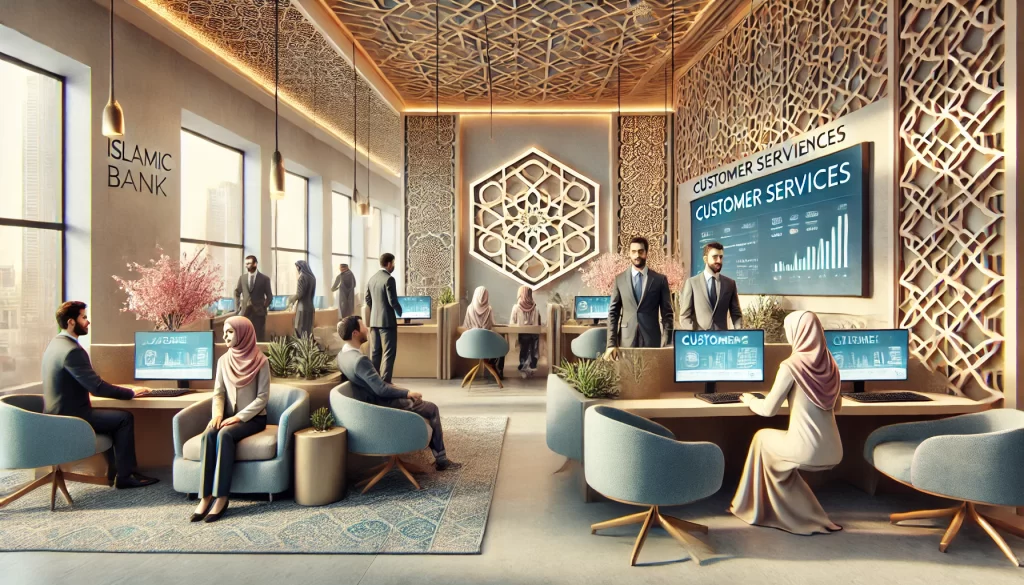The financial services industry is vast, with the banking sector appearing to be the most well-known. Despite the fact that there is always an intellectual debate and survey about Islamic banks being alternatives to conventional banks or not, Islamic banks are in high demand. Conventional banks are not entirely unfamiliar to both financial experts and novices; however, there is a widespread misconception among both novices and experts that Islamic banks are simply conventional banks minus Riba. It is worthy of mentioning that there is a lot more to Islamic banks than the concept of Riba.
One of the distinctive and distinguishing characteristics of an Islamic bank from its conventional counterpart is that it is humancentric in nature. Anyone who knows the history of banks will not find this difficult to digest. This argument will even be clearer if one explores more about the motives that drove the creation of the modern Islamic banks. Hitherto, the concept of economics and finance in Islam is a broad one, banking is just a means.
If banks (Islamic or conventional) are created to serve humans, and the exploitation of conventional banks in frustrating customers is known, the question is whether Islamic banks are removing these dark experiences from people. If they are not, then the claim about Minus Riba banking might be right.
Depending on the circumstance, there are complaints about Islamic banks too. For example, some people simply want a loan and to benefit from a no-interest loan, but the process of obtaining this product appears difficult, particularly for small and medium-sized businesses. Some people want to get a mortgage, but they are frustrated by the paperwork and other requirements. There are issues of mismanaged investment and the concept of profit and loss sharing that we call PLS, to mention but a few. These questions and more are issues of concern about Islamic banks.
On the other hand, there are happy stories even with the challenges the Islamic banks are facing. Of the obstacles are political, legal, cultural, economic, and many other internal and external factors. This is not to justify why customers are having bad experiences but to sympathize and appreciate what both Islamic banks and their patronizers are doing while they face these challenges too.
In recent years, the study of customer experience is thriving and has been propagated. More blogs shall be written on how Islamic banks should explore this field and studies to enhance their ways of operation. User experience is beyond the digital interaction of customers with web pages and applications, it goes down to what they feel in the whole of their journey in dealing with the bank and the product or service in question. The Islamic bank has really come to stay; however, their current position is not what matters, rather, the impact they make in changing the status quo. And this will make it live long and achieve its goal.

